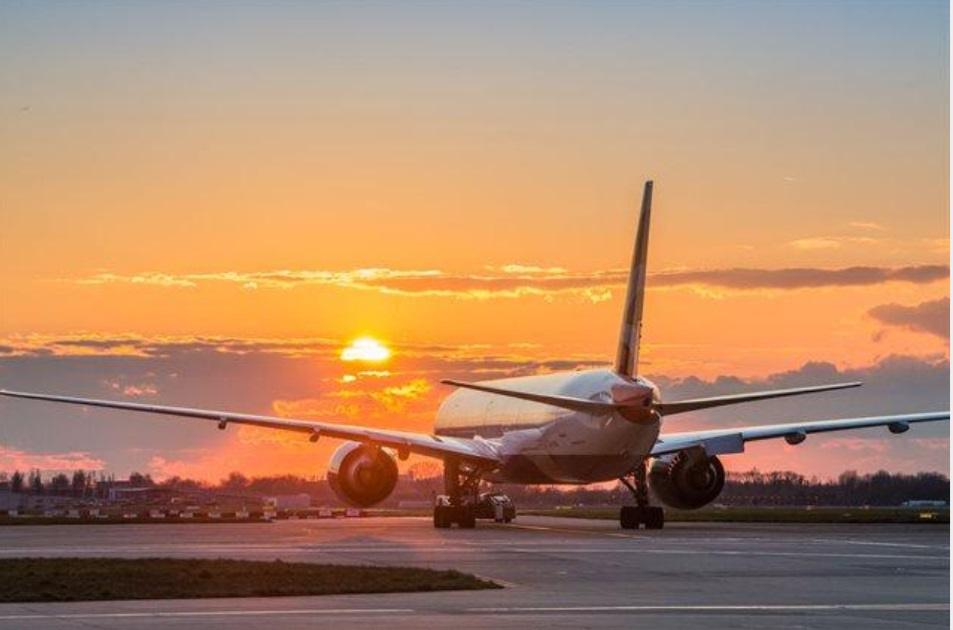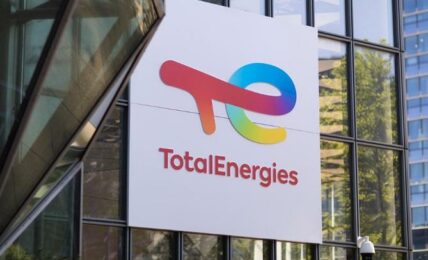
London’s Heathrow airport announced an increase in its Sustainable Aviation Fuel (SAF) incentive scheme, with plans to make £86 million (USD$104 million) available to airlines to help cut the price gap between SAF and traditional jet fuel, and to scale the use of SAF at the airport to 3% in 2025.
Fuel accounts for the vast majority of the aviation sector’s emissions. Generally produced from sustainable resources, like waste oils and agricultural residues, SAF is seen as one of the key tools to help decarbonize the aviation industry in the near- to medium-term. SAF producers estimate the fuels can result in lifecycle GHG emissions reductions of as much as 85% relative to conventional fuels. Efforts to meaningfully increase the use of SAF by airlines face significant challenges, however, including the low supply currently available on the market, and prices well above those of conventional fossil-based fuels. Globally, SAF currently represents less than 0.1% of jet fuel volumes.
The announcement marks the fourth year of Heathrow’s SAF incentive programme for airlines. Launched in 2022, the scheme’s incentive is designed to cut the price gap between conventional jet fuel and SAF in half. The scheme works through an SAF incentive “pot” funded by the airport’s fees for aeronautical services – specifically, its NOx aeronautical charges – with airlines bidding to the pot to receive a rebate, in order to make SAF more affordable.
According to Heathrow, the 2025 incentive scheme aims to increase the use of SAF to 187,000 tonnes in 2025 – up from the 2024 target of 155,000 tonnes, and 70,000 tonnes in 2023 – resulting in an anticipated 500,000 tonne lifecycle carbon emissions reduction from flights of more than 500,000 tonnes, based on a 70% emissions reduction from the use of SAF.
The incentive scheme comes as the UK brings into force its new SAF mandate this year, requiring the introduction of SAF in the UK’s jet fuel mix, starting at 2% in 2025, and ramping up to 10% by 2030, and 22% by 2040. Heathrow noted that its target would exceed the UK mandate by 1%, and that its 2030 target of 11% SAF also exceeds the UK mandated level by 1%.
Heathrow’s Director of Carbon Strategy, Matt Gorman said:
“Sustainable Aviation Fuel is no longer a future promise—it’s a proven solution that is powering flights worldwide. Our SAF incentive scheme, part of our Connecting People and Planet sustainability strategy, has made significant progress and we’re now exploring options to set a long-term incentive signal to 2030. We are delighted that Government has moved so quickly to legislate the SAF Mandate. We must now accelerate legislation for the SAF Revenue Certainty Mechanism to ensure we can build a domestic industry that will help decarbonise and drive economic growth.”


